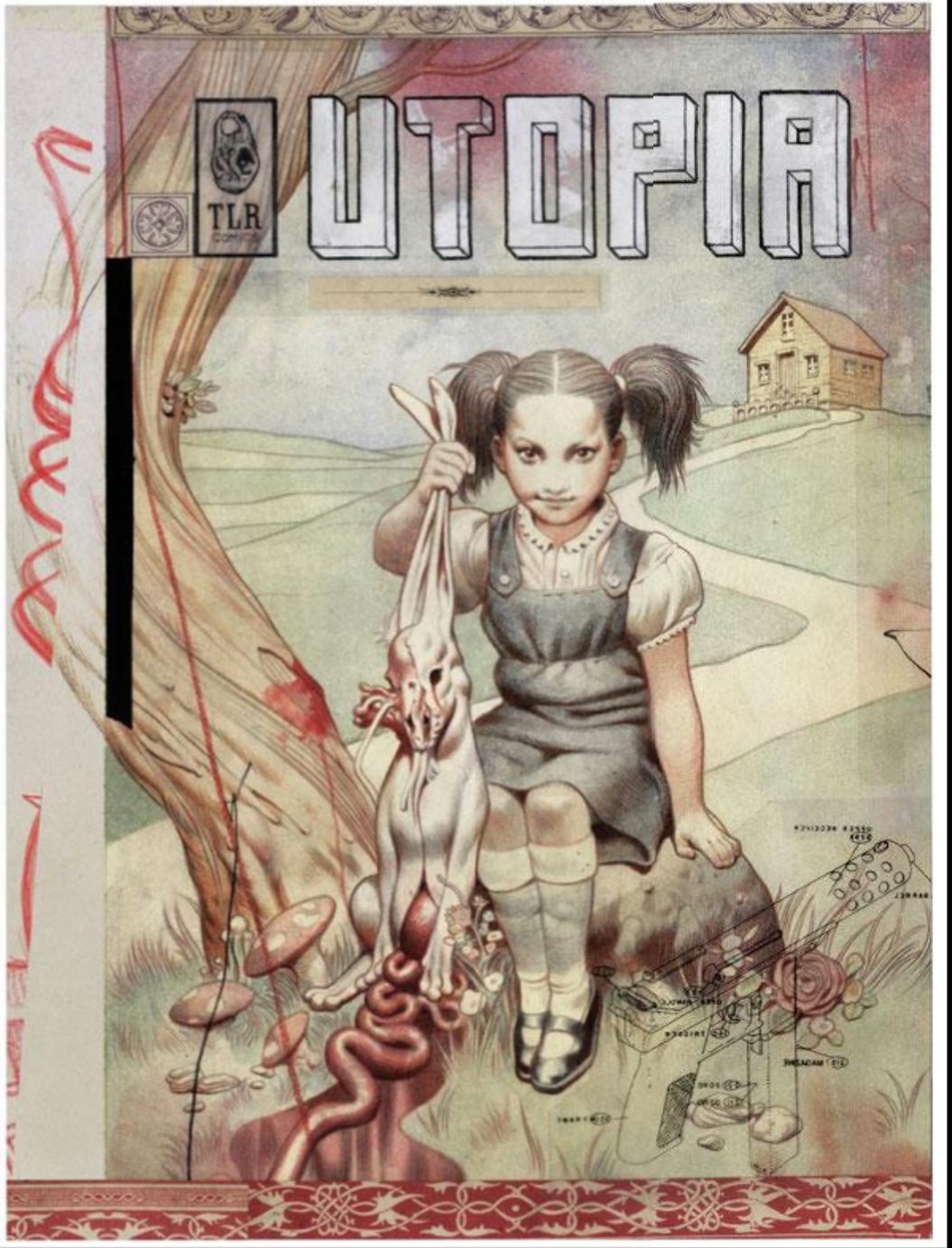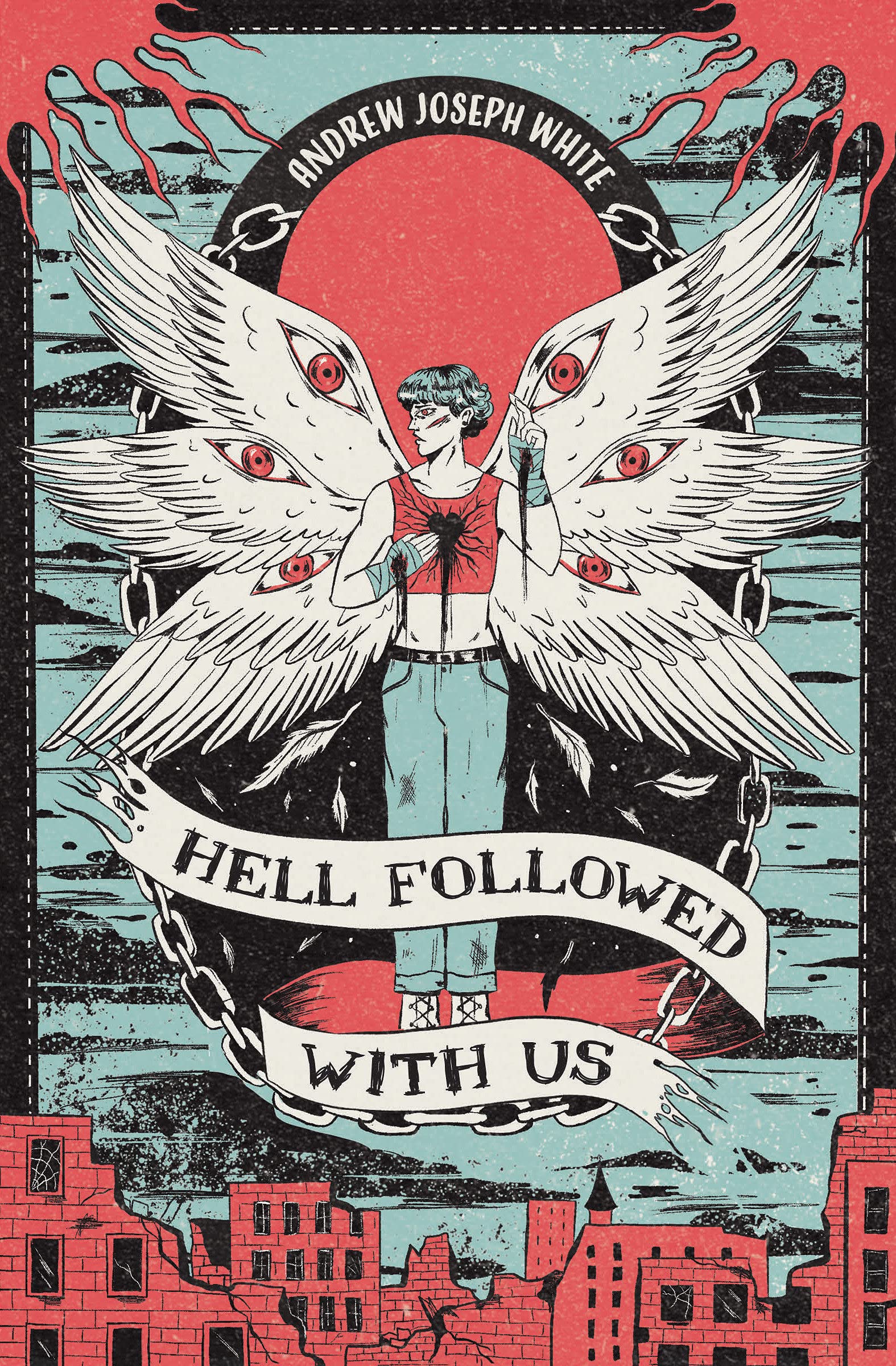

There’s certainly societal conflict in it. I do mean to read the trilogy some time, as it’s a concept I’m greatly intrigued by.

I have tried Red Mars by Kim Stanley Robinson (I’m a very big fan of science fiction!), and oddly I never seemed to get too far into it, albeit that was long before I did my English degree and in a time where my literary tastes lacked refinement.

Banks, though have been meaning to, thus thank you for the reminder in commenting on him. My point is we will all disagree and there will be conflict. Take for instance any close knit society the thing they disagree on to the outside may seem minor but to them those splitting hairs are what matters. Not to mention the scope of these disagreements shifting. However when these disagreements move from armed conflicts to an acrimonious exchange we’ve made progress. There are also agrarian utopians but most of them seem to be drawn to the past for Utopia and when it can only exist in the future. Venus project is a utopian organization though I haven’t looked at them in awhile.

To my mind utopia will be based around technology erasing work and a lot of the day to day running of society. There’s a bunch of other utopian sci fi novels. Kim Stanely Robinsons Mars Trilogy is an even better starting point in some ways because it’s basically a primer on utopian theory through the ages. Because let’s face it, how many characters are you going to see act as brave or as selfless as Tris in a completely utopian (ie. Seeing characters exhibit traits you have or wish you had is inspiring, or enables one to relate to them on a deeper level. Either way, readers may enjoy dystopian stories for this reason. Looking deeper, maybe reading about Tris’ act of bravery and selflessness for her brother teaches the importance of family, and how strong familial love can be. Is reading about her bravery and selflessness inspiring? Or, maybe one can relate to her character on a deeper level because being selfless and brave in dire situations is who you are. Perhaps reading about how Tris kills herself for her traitorous brother in Allegiant by Veronica Roth makes one want to be a more selfless person. Maybe it’s about the development and growth of a character and the traits exhibited by them in this unpleasant world. Maybe it’s not about the dystopian world at all. And so perhaps dystopian stories – where destructive, unpleasant, and scary worlds are depicted – help us prepare for what seems could be possible in Earth’s future. Whether that’s stocking up on canned goods, layering sandbags outside the house before a storm, or boarding up windows, we’re always prepared for the worst. One thing humans seem to like to do is to prepare. So in reading about the types of settings like in The Handmaid’s Tale by Margaret Atwood or in Divergent by Veronica Roth, or even 1984 by George Orwell, one can begin to envision the possibilities of the future, and therefore mentally prepare oneself for the destruction of the current world. Humans could become desperate, and start rioting, the government may become extremely controlling, democracy could cease to exist, etcetera. Suddenly it feels like these worlds that have been imagined up could actually happen. Now, when it feels like the Earth is dying, and animals are dying, and humans are dying because of unknown viruses is when dystopia becomes so much more relevant. The possibility that our society could become run by a tyrannous dictator, or that our choices and freedoms could all be stripped away are real possibilities, now more than ever. One proposition for the reasoning behind why dystopian novels fly off the shelves could be because we are knowledgable enough as humans to recognize when our world could turn into the world in which we’re reading about. But why is it that we become so enraptured in these unpleasant, fearful dystopian worlds? From authors like Veronica Roth to George Orwell, the dystopian world has been a popular one for writers to explore and for readers to experience for decades. Dystopian culture is a prominent setting in many young adult novels today.


 0 kommentar(er)
0 kommentar(er)
